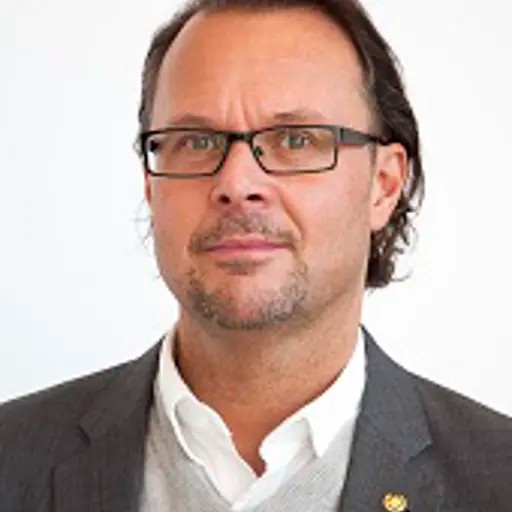



On one of the warmest days of spring, 25 primary and secondary school chemistry teachers were invited to Chalmers to receive tips on conducting exciting experiments in safe ways.
On 23 May, Chalmers, and the The National resource center for chemistry teachers in Sweden (KRC) invited chemistry teachers from western Sweden for a full day in two of the labs in the Chemistry Building. The event aimed to both update them on upcoming legislation and demonstrate interesting and safe experiments that teachers can perform with their students. The Swedish Civil Contingencies Agency (MSB) is introducing new guidelines for handling explosive substances, and the day included information on how to apply for permits – and when it is unnecessary to do so.
“Today, we are conducting experiments with the quantities of various substances recommended by the MSB. By following these guidelines, teachers do not need to apply for permits to handle the chemicals, which makes it easier for them and gives them the opportunity to include more lab activities in their teaching, thereby sparking interest in chemistry,” says Cecilia Stenberg, Project Leader at KRC.
Additionally, the day provided an opportunity to get to know colleagues and share experiences.
Sofia Fredriksson, a chemistry teacher at Stenungsund Montessori School, conducted experiments with strontium, sodium, and barium.
“It is very valuable to be able to test chemicals that we haven't used in our labs before and get new ideas. If the regulations are relaxed, it is excellent to have the chance to use these substances in this environment beforehand,” she says.
For Chalmers, the visit from teachers is also significant.
“It is important for us to establish contacts and networks with schools. We plan to increase our efforts in sending researchers to schools that want visits, and after the teachers have been here, we hope to lower the barriers for them to 'dare' to reach out to Chalmers,” says Ulf Jäglid, Associate Professor of Energy and Materials at the Department of Chemistry and Chemical Engineering.
In the autumn term of 2025, a new curriculum for chemistry in secondary schools will be introduced, with a greater focus on chemical engineering.
“An event like this gives us the opportunity to present good examples and provide ideas for the new focus,” says Ulf Jäglid.
- Associate Professor, Energy and Materials, Chemistry and Chemical Engineering
